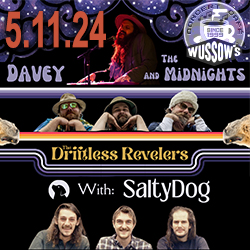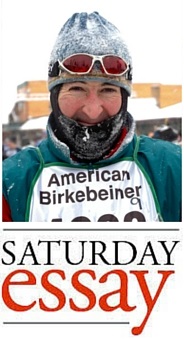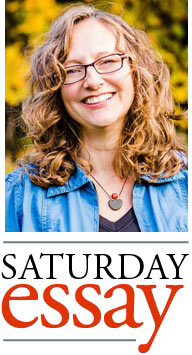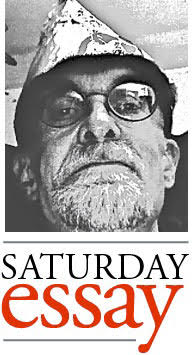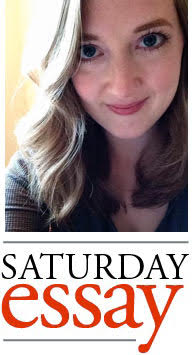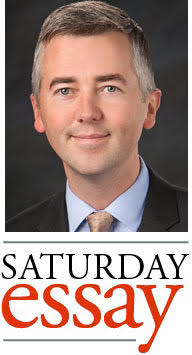Coffee Communication
Like many people, I didn’t start to drink coffee until college. Back then, as a newbie, I offset its bitter flavor with too much cream and sugar. I was also an “Equal” person for a while. But, having grown to love the taste of coffee, my cup today holds strongly brewed coffee with only a teaspoon of sugar and a splash of cream, half-and-half, soymilk, that powder stuff, whatever’s on hand. I’m not fussy. In the absence of any of that, I’ll drink a cup black now and then.
This is partly to say that I am not really a coffee snob, although I do engage in some haute coffee culture. For instance, I make my coffee each morning in a press. I enjoy a cup of Ethiopian cold-pressed coffee from specialty shops like Duluth Coffee Co. On the other hand, I sighed with delight over several cups of Folgers made in a drip machine on last year’s cabin-camping trip with my daughters’ Girl Scout troop.
On the other, other hand — and this only makes sense if you’re in the know about haute coffee culture — I have yet to try a cup of coffee with butter in it. Hipsters swear by it. I might go there; we’ll see.







